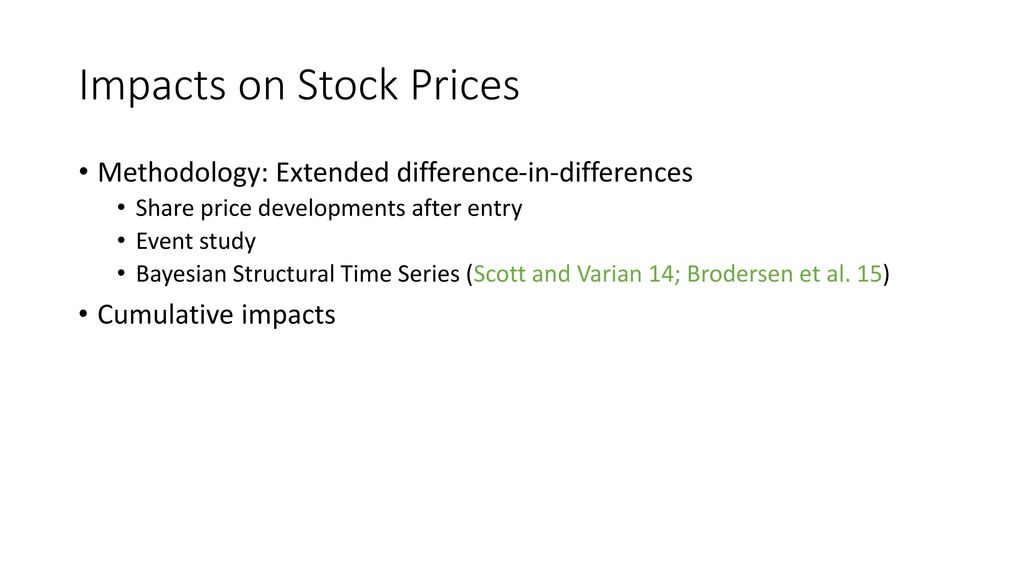Introduction:
In the dynamic realm of financial markets, the price of stocks fluctuates constantly, influenced by a myriad of factors. Understanding these factors is crucial for investors seeking to make informed decisions and navigate the complex landscape of the stock market.

Image: investoracademy.org
The intricate interplay of economic, financial, and psychological factors shapes stock prices, creating both opportunities and risks for investors. By delving into these factors, we aim to provide a comprehensive guide that empowers investors with the knowledge to make savvy financial choices.
Factors Influencing Stock Prices:
Microeconomic Factors:
Microeconomic factors are unique to individual companies and industries, influencing their financial performance and, consequently, their stock prices.
Earnings: A company’s earnings – the profit earned after deducting all expenses – are a major determinant of stock prices. Strong earnings indicate financial health and growth potential, boosting investor confidence and driving up stock prices.
Revenue: Total sales generated by a company are another crucial microeconomic factor. Increased revenue indicates expanding customer base and increased profitability, leading to a positive impact on stock prices.
Competition: A company’s competitive landscape influences its ability to thrive and generate profits. Intense competition from rivals limits market share and revenue, potentially lowering stock prices.
Macroeconomic Factors:
Macroeconomic factors are broad-based economic conditions that affect the entire stock market and individual industries.
Economic Growth: Strong economic growth indicates an expanding economy and increased consumer spending, creating favorable conditions for businesses and boosting stock prices.
Interest Rates: Interest rates set by central banks impact business borrowing costs and consumer spending. Low interest rates stimulate economic growth and increase investor appetite for risk, leading to higher stock prices. Conversely, high interest rates dampen economic activity and снижение stock prices.

Image: slideplayer.com
Financial Market Factors:
Financial market factors are related to the overall health and sentiment of the stock market.
Market Sentiment: Investor optimism and confidence in the market as a whole affect stock prices. Positive market sentiment leads to increased buying and higher stock prices, while negative sentiment triggers selling and lower stock prices.
Liquidity: The ease with which stocks can be bought or sold affects their prices. High liquidity ensures that stocks are readily available, encouraging trading and reducing price fluctuations. Low liquidity, however, makes it more challenging to buy or sell stocks, increasing price volatility.
Psychological Factors:
While most factors influencing stock prices are quantifiable, psychological factors also play a role.
Investor Psychology: Investor emotions and irrational behavior can influence stock prices. Fear or greed, for example, can lead to overbuying or overselling, resulting in price movements not fully supported by fundamentals.
Media Coverage: News and media reports can shape investor sentiment and influence stock prices. Positive news can drive increased buying, while negative news may lead to selloff.
Tips and Advice for Investors:
Understanding the factors that affect stock prices is not enough to guarantee financial success. To enhance investment decisions, consider the following tips and expert advice:
Research and Analysis: Thorough research and analysis of microeconomic, macroeconomic, and financial market factors are crucial for identifying undervalued or overvalued stocks.
Diversification: Diversifying investment portfolios across different industries and asset classes reduces risk and improves overall portfolio performance.
Frequently Asked Questions:
What is the most important factor affecting stock prices?
Does market sentiment really affect stock prices?
Conclusion:
Understanding the factors that drive stock prices is paramount for successful investing. By considering microeconomic, macroeconomic, financial market, and psychological factors, investors can make informed decisions, mitigate risks, and identify growth opportunities.
What Affects Stock Prices
Call to Action:
Take your stock market knowledge to the next level. Explore the resources and information on our website dedicated to assisting investors in understanding the intricate workings of the financial markets.
Join the conversation and share your insights on what factors influence stock prices. Engage with us on our social media channels and be part of the financial community






